25 years after Dennis Martinez threw the only perfect game in the history of the Montreal Expos and the 13th in MLB history against the L.A. Dodgers on July 28, 1991, TSN is revisiting that moment in a new original 11 and a half minute feature, “El Presidente.” The feature also will cover how Martinez overcame alcoholism and a demotion to the minors with Baltimore to find redemption in Montreal, baseball’s last-chance outpost. “El Presidente,” which will make its debut on TSN’s 6 p.m. Eastern SportsCentre Wednesday, is fronted by long-time Montreal Gazette and Sports Illustrated writer Michael Farber, who’s currently a SI special contributor, a regular panelist on TSN’s The Reporters, and also does some work for Montreal’s CJAD 800. Farber took the time to chat with Awful Announcing about the feature this week.
Awful Announcing: How did you get involved in this project?
Michael Farber: TSN brought it to me and said “Are you interested?” and I said “Sure!” I was at The Montreal Gazette when Dennis was there. …He was a great pitcher, and I think people forget that. His 6+ plus years in Montreal, he won a hundred games, and he was in many ways the ultimate Expo, because at the time, this was a team that used to shop at Price Club. You know, give us your tired, your poor, your huddled masses.
Are you familiar with Beau Geste? Well, Montreal was Fort Zinderneuf. This was the Foreign Legion. And Dennis, at that point, Baltimore sent him down in ’86, and he was washed out as a major league pitcher. He was a recovering alcoholic, and I suppose always will be, but he was never quite the same pitcher he was early on.
So the Expos picked him up, and he pitched some in ’86, and then ’87, and I can’t remember why, but they couldn’t sign him again until after May 1st. So he was pitching in the minors, and it was him and Tim Raines who for reasons couldn’t come back to play until May. The Expos had Pascual Pérez, they had guys who had washed out. There were some young stars coming, including Delino DeShields and Marquis Grissom, Larry Walker was a little ways away, but it was a team in transition. They needed bodies, and Martinez had been a real good pitcher early on. And he turned into a hidden gem.
AA: I understand this feature focuses on his recovery from alcoholism; how much did you know about that at the time? Was it well-known?
MF: Oh, yeah, it was well-known. I wasn’t around them a lot, but one of the teams I really enjoyed being around was Baltimore, the Orioles, because they had a lot of really smart people who could talk about what they did and how they did it in the way that the Islanders of the early 80s and the Canadiens of the late 80s and into the early 90s did. These were teams that were fun.
So, the clinching game of the (1983) World Series—and I didn’t know Dennis at this point, I don’t think I’d ever talked to him—there was a relatively muted World Series celebration in the Orioles’ clubhouse. And there were two players who were spraying champagne and acting the fool. And I don’t remember who the other one was, but one of them was Dennis Martinez, and I found it odd, because he hadn’t pitched in the World Series. So you make mental notes about these things and you store them away. So I wondered about this guy who was spraying champagne and going nuts when he had less to go nuts about than all the other people in that clubhouse.
So yeah, people knew about it, because he was involved in a car crash in December of that year, and they got him into rehab. And in spring training of ’84, he spoke openly about it, and people knew. I guess alcoholism is not like flipping a switch, you stop drinking and you’re a great pitcher again, and he wasn’t for ’84, ’85, ’86 and Baltimore demoted him. It took him a while to come back. His father had been an alcoholic and Dennis was as well.
AA: What do you remember about covering him with the Expos? Does anything really stand out?
MF: Yeah, two things. The way he pitched, I don’t know if you’ve ever looked at tape of him, but he had an unusual delivery. He raised his front leg, his left leg, almost like a shore bird, and he kind of dipped a little bit. And the other thing is he’d stand by the mound and rub up the baseball endlessly. And he had a curveball that could just put people away.
I also remember that he was stubborn, just a stubborn guy. Late in his time in Montreal, they wanted to trade him, I think to Atlanta but I’m not entirely sure, but he was a 10-and-five guy at that point in time and could veto any trade, and I remember writing a column at the Gazette at that point, my lede was “El Presidente has become El Residente.” He just wanted to stay. But eventually he wound up moving on.
I talked to Larry Walker for this piece, and he said “Dennis was one of my favorite teammates.” I said, “Why’s that?” and he said “When Dennis was pitching, I knew we’d have a real good chance of winning. And I love those guys.”
AA: How did the filming of this piece go?
MF: We talked to Dombrowski first, Dave Dombrowski, who was the GM at the time. He left right after, I think in September, the perfect game was in July, so right after. But he was the GM, so I talked to him. We went to Miami and talked to Dave Van Horne who made the famous call. And we saw Larry Walker in West Palm and Tim Wallach, who’s in Miami, he’s a Marlins coach. And a guy named Mike Kozak who was an assistant trainer for the Expos, kind of Dennis’ guy, he’s now with the Marlins. And then we went on to Nicaragua later on. Dennis kind of splits his time between Miami and Nicaragua, and we wanted to see him in Granada and Managua; he lives in Managua, he grew up in Granada.
We flew in on a Saturday, the producer and the cameraman and I. The producer’s name is Matt Dorman and the cameraman’s a guy named Jason Wessel, who I’ve worked with before, out of Vancouver. And as you know, when you’re bringing in camera equipment…it’s not just a news shoot where you have one camera, this is pretty fancy stuff. Well, we got there on a Saturday night and customs didn’t want to let us through, didn’t want to let the camera gear through. They said “Come back Monday, we’re going to impound the equipment.” Well, we’ve got this shoot scheduled, so that’s not really going to work for us. And our fixer couldn’t get in, he couldn’t get through security into the customs area. But we called him, and he got a hold of Dennis.
And Dennis made a phone call or two. He called, I’m not exactly sure, either the mayor or the deputy mayor, whoever the deputy mayor of Managua is, and I guess the deputy mayor or mayor called the customs people, and an hour and a half later, we’re walking out of the airport with our equipment. I’m trying to think of the equivalent…let’s say Rob Gronkowski calls Mayor Flynn of Boston, “Call over to Logan.” Or Tom Brady says “These guys are good, I’m vouching for them.” And the mayor makes a call and you’re walking out.
AA: How did the actual interview with Dennis go?
MF: We interviewed him several times over four and a half days, and it was great, because Dennis opened up. We interviewed him, it was a walk and talk in front of the house where he grew up in Granada. We interviewed him again at the ballpark where he’s working with some youth players. We interviewed him in a more formal interview, a sit-down at his house, that was more than an hour. We shot certainly more than two hours of interviews with Dennis alone, and it went well, because he’s very open, certainly to talking about alcoholism, but he can remember every pitch of his perfect game. He didn’t throw that many, fewer than 100, so I suppose that’s possible.
He said he became as a pitcher very clear in the years after he stopped drinking. He became more aware of hitters and how to get them out and what they might be susceptible to. One story that didn’t make the piece, because I only found out after off-camera, was that Dennis, who’s quite religious, went to church that Sunday morning, July 28, 1991. Vin Scully was in the same church! So he ran into Vin Scully the morning of, and they talked and kibitzed, and later on Vin Scully’s calling the perfect game.
AA: How long did it take to do this whole piece?
MF: We interviewed Dombrowski when the Red Sox were in Toronto, we went to Miami in May and I guess we were in Nicaragua about three weeks after that. It’s done over a period of time. And as you well know, maybe I’m not the least important guy, but I’m one of them, because TV features are really producer-driven, and there were two here, Matt Dorman and Josh Shiaman. And I’m just the guy doing the interviewing and kind of writing the script, and there’s not much script, because interviews really carry it. I think there are only seven voice-overs in the piece. It’s not like a magazine piece. So if you believe in the auteur theory of filmmaking, good TV, documentaries, it’s really about the producer. I’m the guy who kind of feels like a fifth wheel.
AA: What’s the one takeaway from this? Why should people watch it?
MF: The signature moment for the Expos, the touchstone moment for the history of the franchise is failure, Blue Monday, October 19, 1981. For an Expos’ fan, that’s the “Where were you then?” And I believe that if the Expos had won the World Series then, the franchise might still exist, because there would be something positive to go back to. The only other franchise I can think of with something like that is the Cubs. Every other franchise, the signature moment is some glorious victory. There’s nothing like that for Montreal. This is the closest thing they have to it. This is the moment.
At the time, it was the 13th perfect game [in major league history]. You take a moment of perfection, and add Dave Van Horne‘s call, “El Presidente, El Perfecto.”
Polonius in Hamlet says “Brevity is the soul of wit,” even though he’s being ironic, I suppose, but brevity is the soul of wit! And if you go back over the great calls I’ve ever heard, that’s right there, because it’s four words. In Canada, you get a lot of [Tom Cheek’s] “Touch ’em all, Joe, you’ll never hit a bigger home run” for Joe Carter when he hits the home run against Mitch Williams [to clinch the 1993 World Series], or [Foster Hewitt’s] “Henderson scores for Canada!” [to clinch the 1972 Summit Series], but I think this is genius. It’s a genius call. The call is as perfect as the game.
So, when you add up who Dennis is, and he’s the winningest Latin pitcher of all time, he has more wins than Juan Marichal, more wins than Pedro Martinez, and you take this moment of perfection for a franchise that was essentially destiny’s doormat, with the strike in ’94 and with Blue Monday. And you couple it with the soundtrack, it’s something worth watching. Plus, it’s a story of personal redemption, and who are the people in life we root for as a whole? One, he’s a great pitcher, and we tend to root for people who are really good at their job. But also, people who overcame something. He wrestled his personal demons and pinned them. And I have great admiration for people like that, and I have great admiration for Dennis Martinez.
“El Presidente,” a new TSN Original, makes its debut on TSN’s SportsCentre at 6 p.m. Eastern Wednesday. It covers how Martinez overcame alcoholism to pitch this perfect game. The documentary is fronted by Farber, produced by Josh Shiaman and Matt Dorman, and edited by Brent Blanchard. Thanks to Michael for his time! You can follow him on Twitter at @MichaelFarber3.

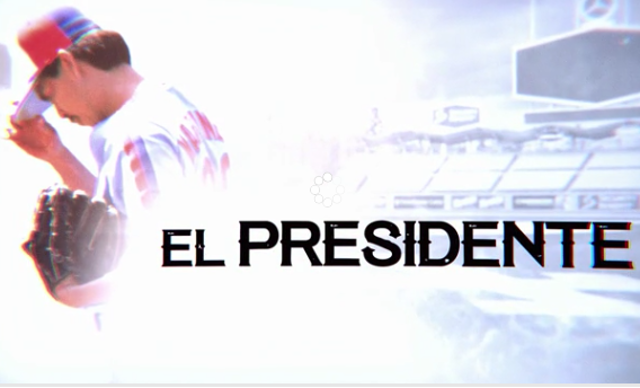
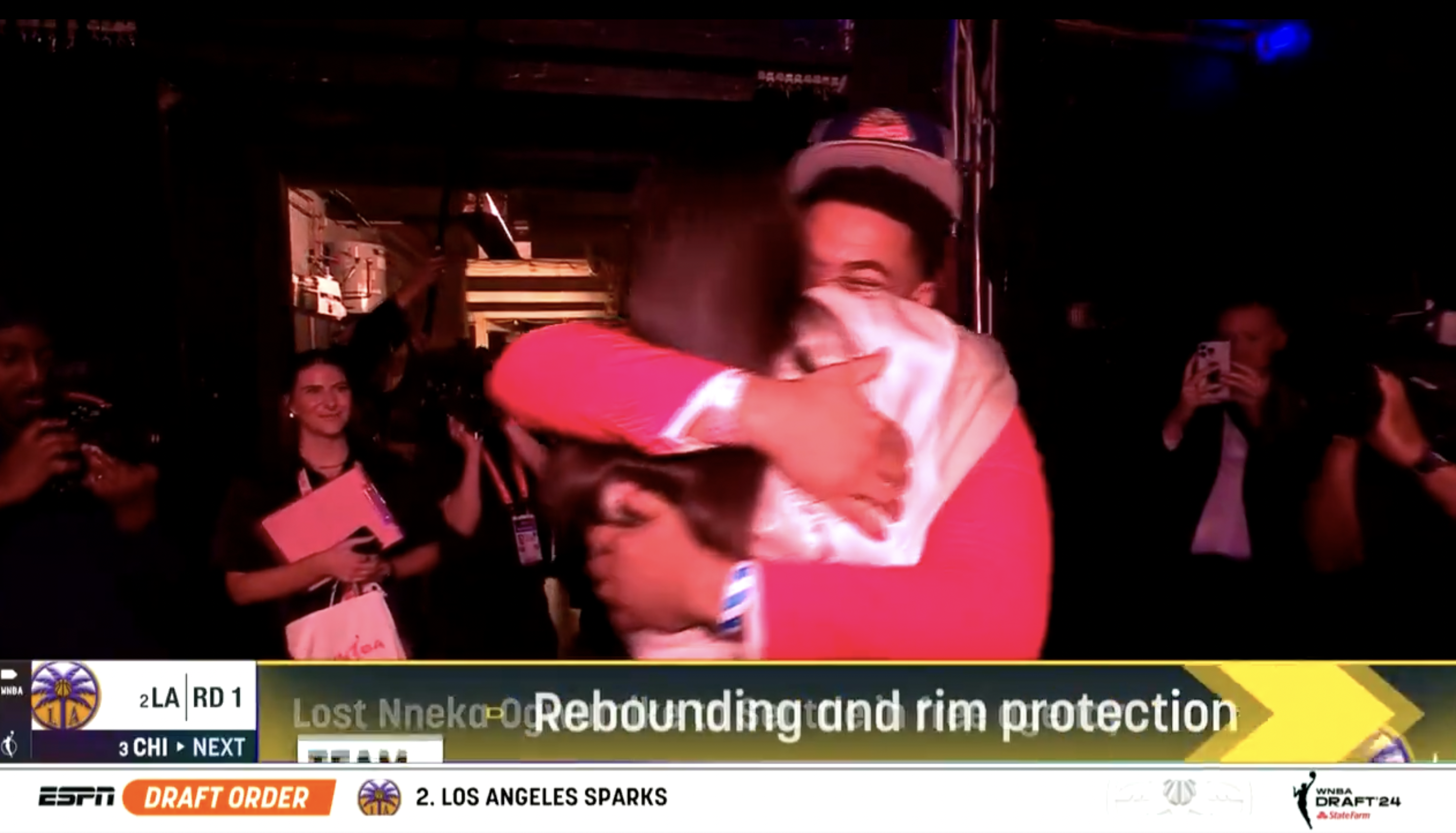
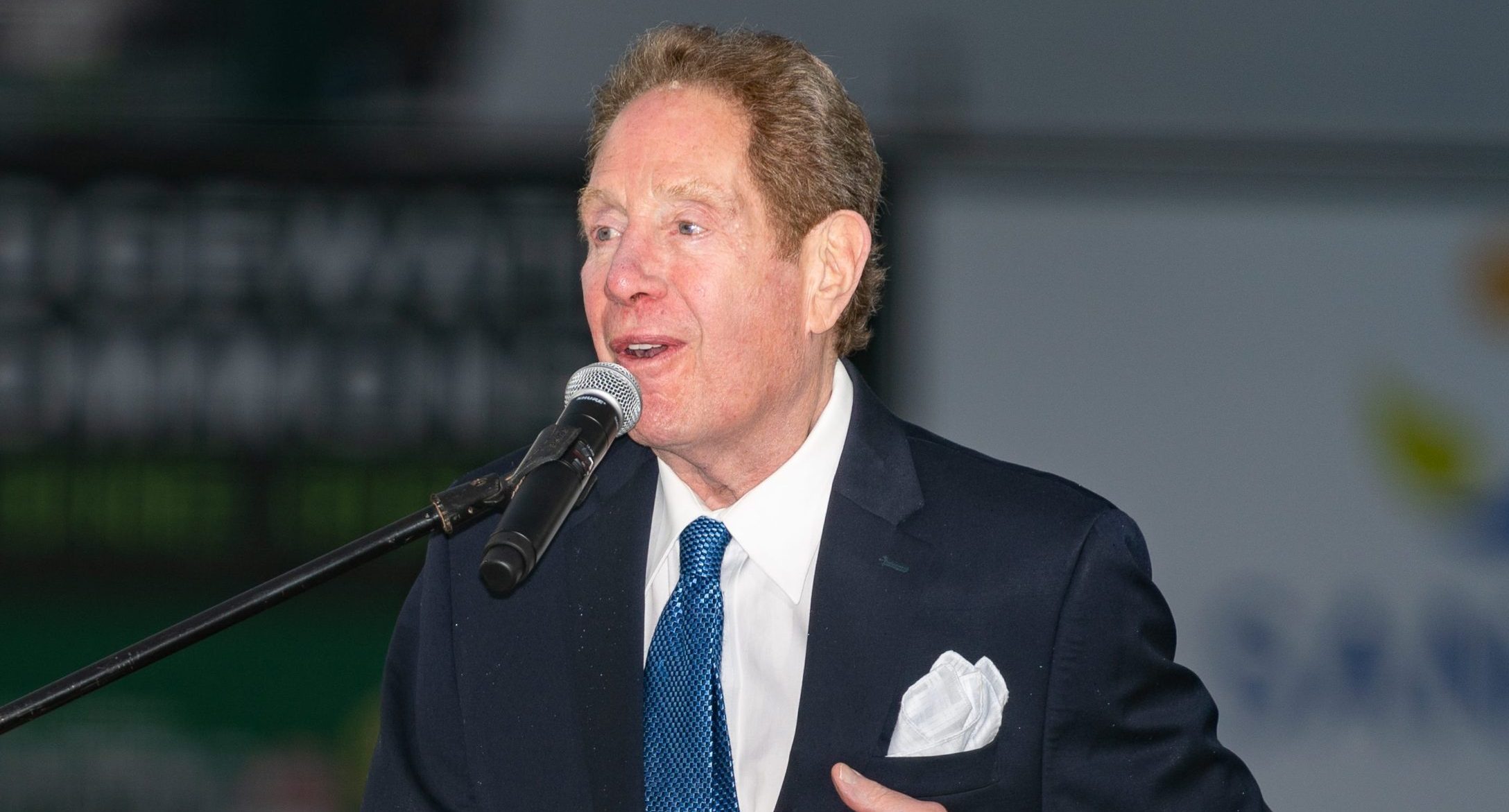
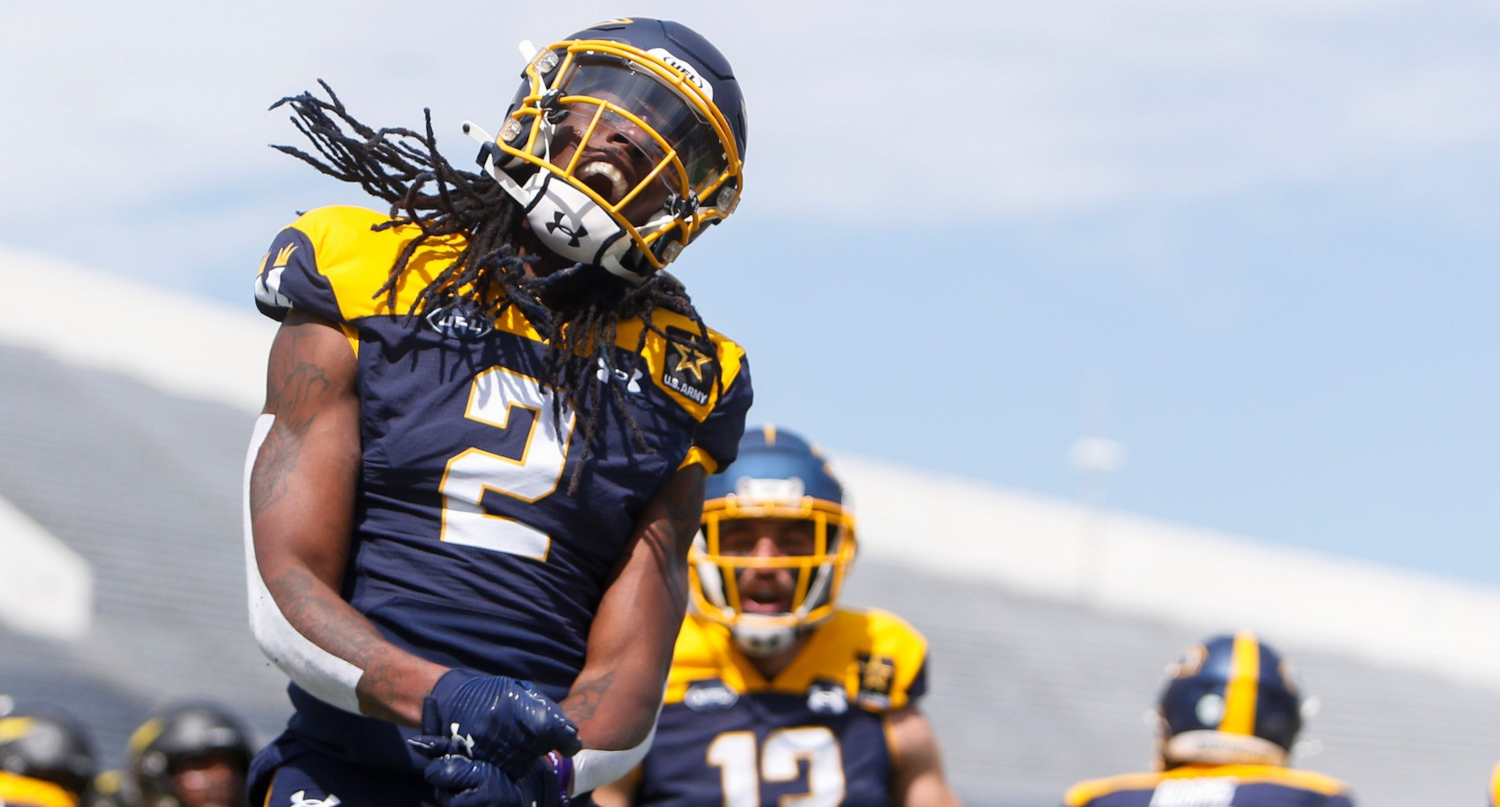
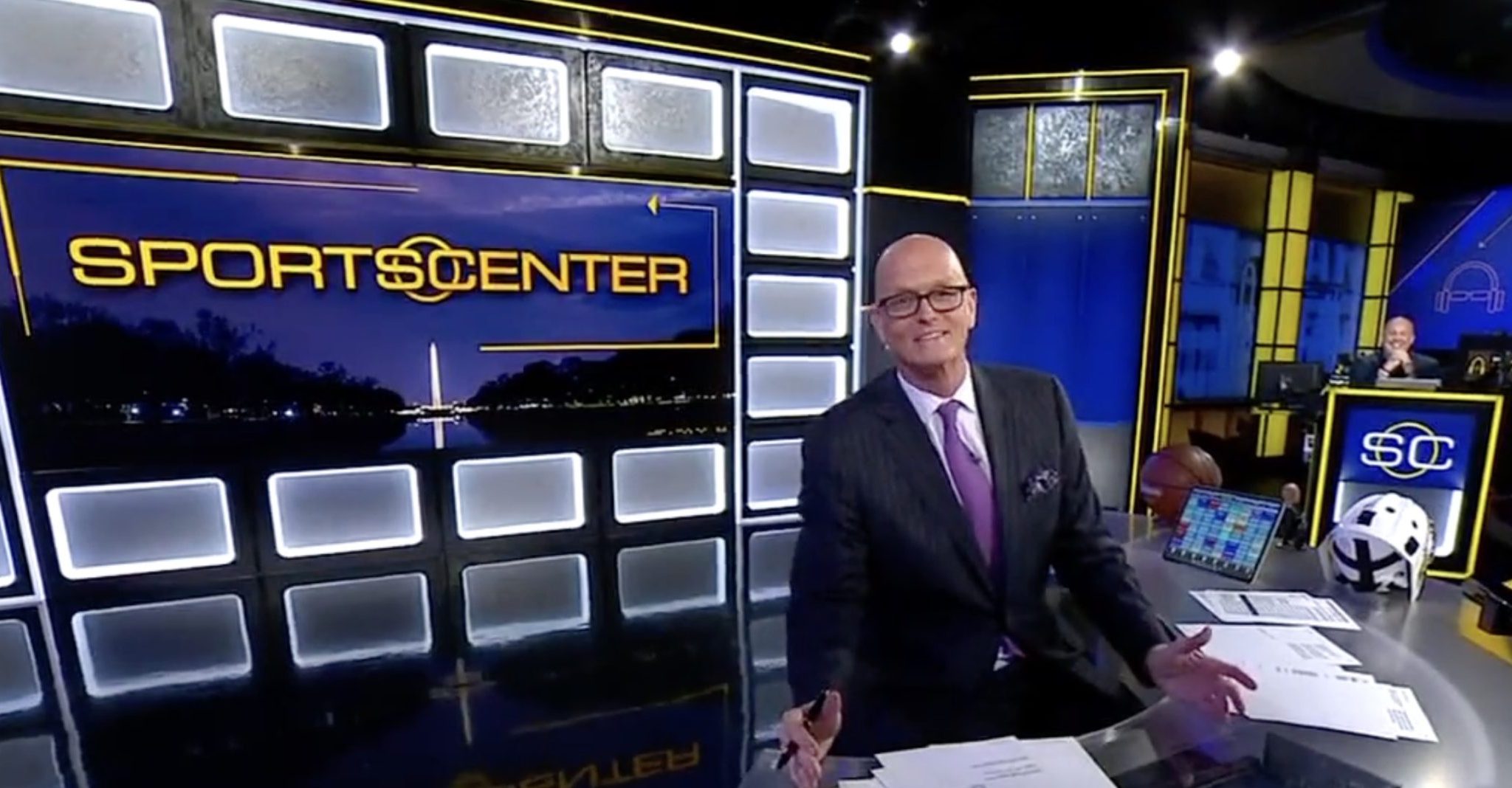
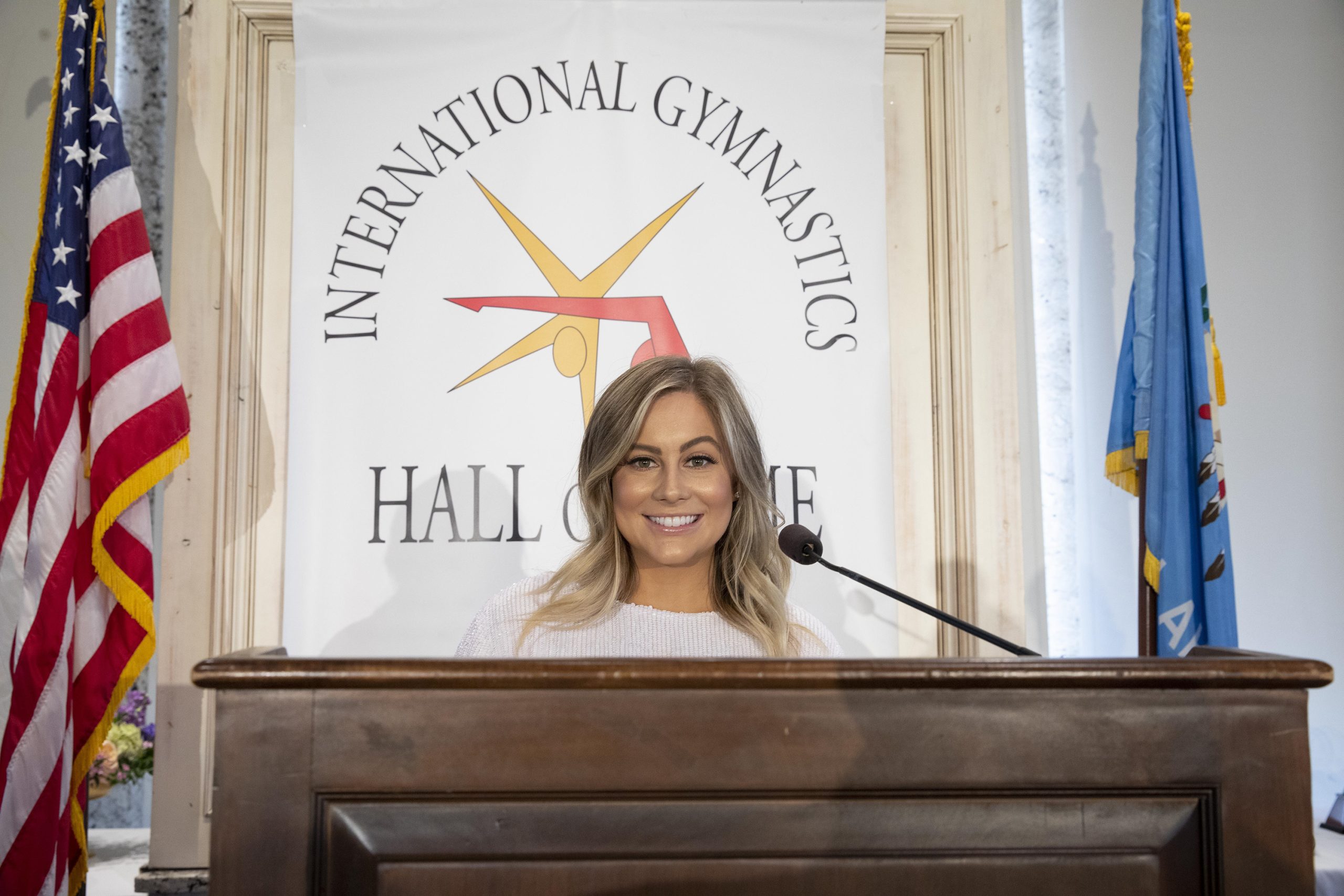

Comments are closed.